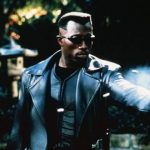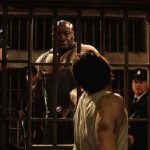Moana (2016)
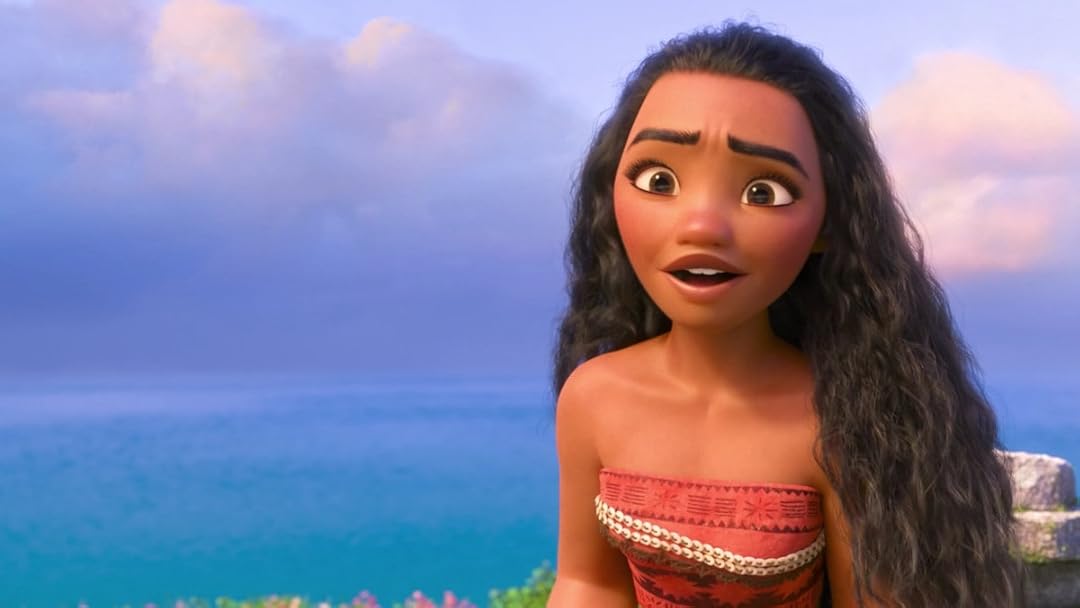
Review: Moana (2016)
An Inspiring Tale of Adventure, Identity, and Self-Discovery
Moana (2016), directed by Ron Clements and John Musker, is a visually stunning and emotionally engaging animated film from Disney that takes audiences on a vibrant journey through the Pacific Islands. With themes of self-discovery, bravery, and heritage, Moana offers a fresh, empowering perspective on the traditional hero’s journey, centered around a young Polynesian girl. Featuring lush animation, catchy music by Lin-Manuel Miranda, and a standout performance by newcomer Auli’i Cravalho as Moana, this film not only stands out as a modern Disney classic but also provides important cultural representation and lessons of perseverance.
Plot Overview
The story is set in ancient Polynesia and follows Moana Waialiki (Auli’i Cravalho), the adventurous daughter of the chief of the island village of Motunui. Moana is chosen by the ocean to restore the heart of Te Fiti, a powerful artifact stolen by the demigod Maui (Dwayne “The Rock” Johnson) centuries ago. This theft led to a curse that gradually took away the islanders’ connection to the ocean, and their once-thriving culture of voyaging was lost.
Moana, however, feels a deep pull to the sea and desires to explore beyond the island’s shores. Despite her father’s wishes, who wants her to follow in his footsteps as the future chief, Moana embarks on a journey to find Maui and restore the heart of Te Fiti, hoping to bring prosperity back to her people.
Along the way, she faces numerous challenges, including navigating the vast ocean, overcoming her own doubts, and dealing with Maui’s reluctant and arrogant attitude. The heart of the story is not just about her quest to save her people but also about Moana’s self-discovery and the realization that she is the hero of her own story.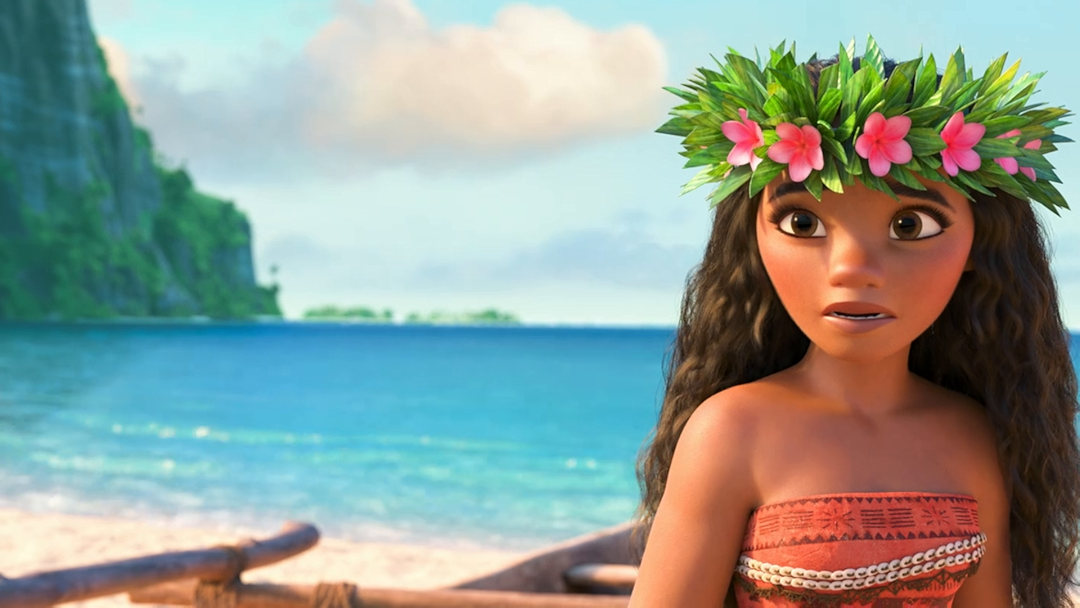
The Good: A Bold, Empowering Story
1. Moana: A Strong and Relatable Protagonist
At the heart of Moana is its titular character, a young girl who embarks on an adventure that defies traditional gender roles. Moana is not your typical Disney princess. She is a leader-in-the-making, resourceful, brave, and determined to define her own path, not one dictated by the expectations of her family or society. Her journey is not just one of external discovery but of internal growth, learning that she is capable of far more than she initially believed.
Moana’s emotional arc is compelling, as we see her evolve from a girl unsure of her place in the world to a confident leader who understands the weight of her heritage and the responsibility of her role. Her character is a refreshing departure from the traditional “princess” mold, providing young audiences with a positive role model who is independent, resilient, and self-reliant.
2. Stunning Animation and Worldbuilding
Moana is a visual feast, with breathtaking animation that brings the Polynesian islands to life. The lush, vibrant landscapes and the stunning depiction of the ocean are as much characters in the film as Moana and Maui themselves. The animation captures the beauty and depth of the Pacific Islands, highlighting the cultural richness and importance of the sea to the story and the people.
The attention to detail in the cultural representation is evident throughout the film, from the traditional clothing and practices to the architecture and symbolism. The filmmakers worked closely with cultural experts to ensure that Moana respectfully portrayed Polynesian culture, and this effort pays off in creating an immersive world that feels authentic and alive.
3. The Music: Catchy and Emotional
The soundtrack of Moana is another standout feature, with songs that are both emotionally resonant and infectiously catchy. Composed by Lin-Manuel Miranda, Opetaia Foa’i, and Mark Mancina, the music drives much of the film’s narrative and thematic depth. “How Far I’ll Go,” Moana’s signature song, is a powerful anthem of self-discovery and ambition, encapsulating her inner struggles and desires.
Another highlight is “You’re Welcome,” performed by Dwayne Johnson as Maui. The song is a fun, cheeky number that highlights Maui’s egotistical but charming personality. The music complements the film’s emotional beats, from Moana’s moments of doubt to her ultimate realization of her destiny, creating a perfect balance of lightheartedness and heart.
4. Dwayne Johnson as Maui
Dwayne “The Rock” Johnson is perfectly cast as Maui, the shape-shifting demigod who initially serves as a comedic foil to Moana’s earnestness. Maui’s character, who struggles with his own insecurities and pride, adds depth to the story as he learns to appreciate Moana’s determination. Johnson brings both charisma and humor to the role, making Maui an entertaining and surprisingly complex character.
The relationship between Moana and Maui evolves from one of reluctance and annoyance to mutual respect, and their dynamic provides much of the film’s charm. Maui, who is initially reluctant to help Moana, ultimately becomes an ally and mentor, despite his flaws. This relationship adds emotional depth to the story, showcasing themes of growth, teamwork, and the importance of self-belief.

The Weaknesses: Predictability and Minor Tropes
1. Some Predictability in the Story Structure
Though Moana breaks new ground with its strong, independent protagonist and non-traditional hero’s journey, the film still follows a fairly predictable narrative. The structure of Moana’s journey—meeting a reluctant ally (Maui), facing obstacles, and learning an important lesson—is familiar and follows a well-trodden path in many adventure films. While the specifics of the cultural backdrop and the heroine’s personal growth set it apart, the overall arc may feel predictable to older audiences.
2. Villainous Elements Could Be More Defined
The film’s antagonist, Te Kā, is somewhat underdeveloped. While Te Kā serves as an obstacle for Moana to overcome, there is limited exploration of the character’s motivations or backstory. The idea of restoring the heart of Te Fiti and dealing with the curse is central to the plot, but the villainous elements could have been given more depth. This is a minor issue, as the real antagonist is Moana’s own doubt and struggle for self-identity, but a more fully realized external antagonist might have added further dimension to the story.
Themes and Messages
Moana is rich with themes of self-discovery, cultural heritage, and the importance of following one’s inner calling. The film promotes a message of empowerment for young viewers, particularly young girls, encouraging them to challenge expectations and believe in their ability to lead. Moana’s journey is about more than saving her people—it’s about realizing that she has the strength and wisdom to become the leader she is meant to be, even if that path is different from what others expect.
The film also emphasizes the importance of connection to one’s roots and the sea, portraying Polynesian culture in a respectful and meaningful way. Moana’s eventual acceptance of her role as a leader is a reflection of her understanding of the balance between honoring tradition and forging a new path.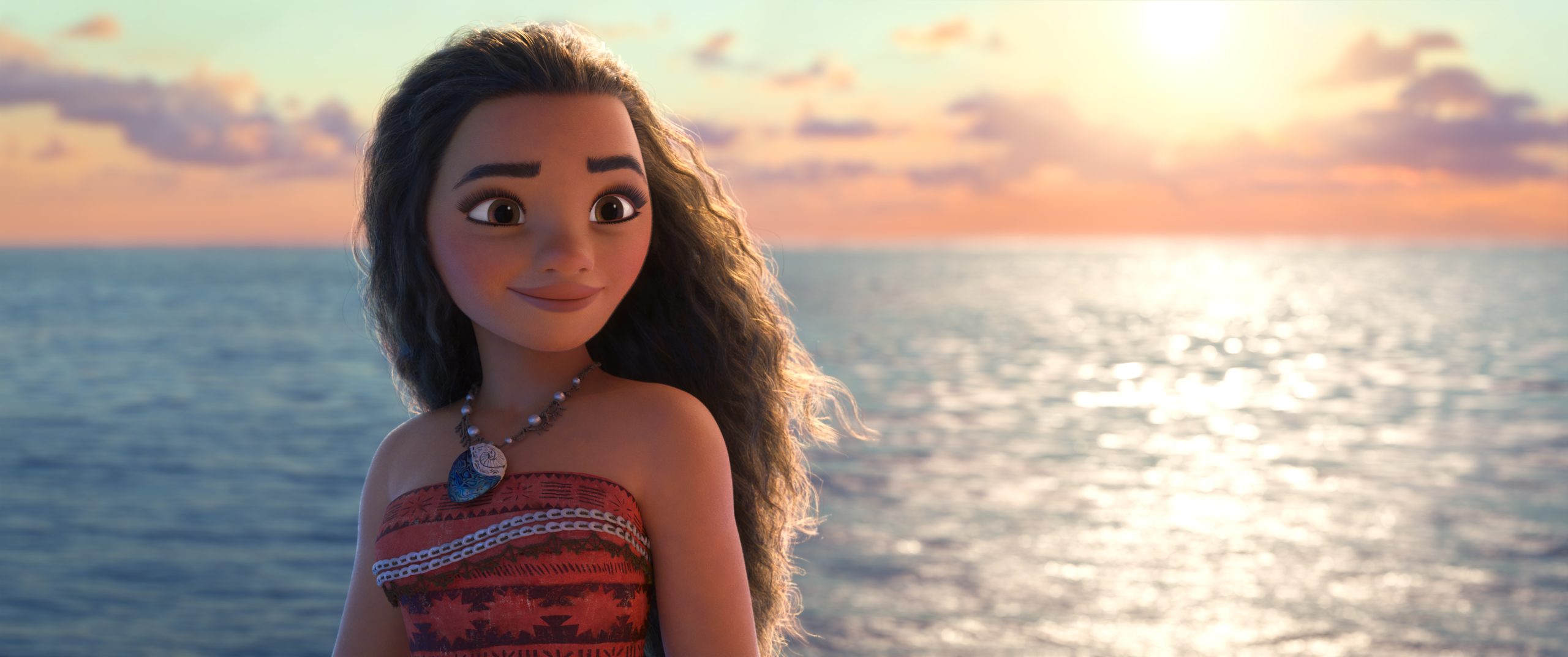
Final Thoughts
Moana is a triumph of animation, storytelling, and cultural representation. Its empowering themes, catchy music, vibrant animation, and memorable characters make it a standout Disney film that resonates with audiences of all ages. Moana is a refreshing heroine whose journey is one of self-discovery, independence, and cultural pride, offering a modern take on the classic adventure story. While it follows some familiar narrative beats, the film’s strong emotional core and stunning visuals ensure that it stands as one of Disney’s best animated films in recent years.
Rating: 9/10
A visually stunning, emotionally uplifting, and empowering film, Moana is a modern classic that will continue to inspire audiences with its powerful message of self-belief and the importance of heritage.




